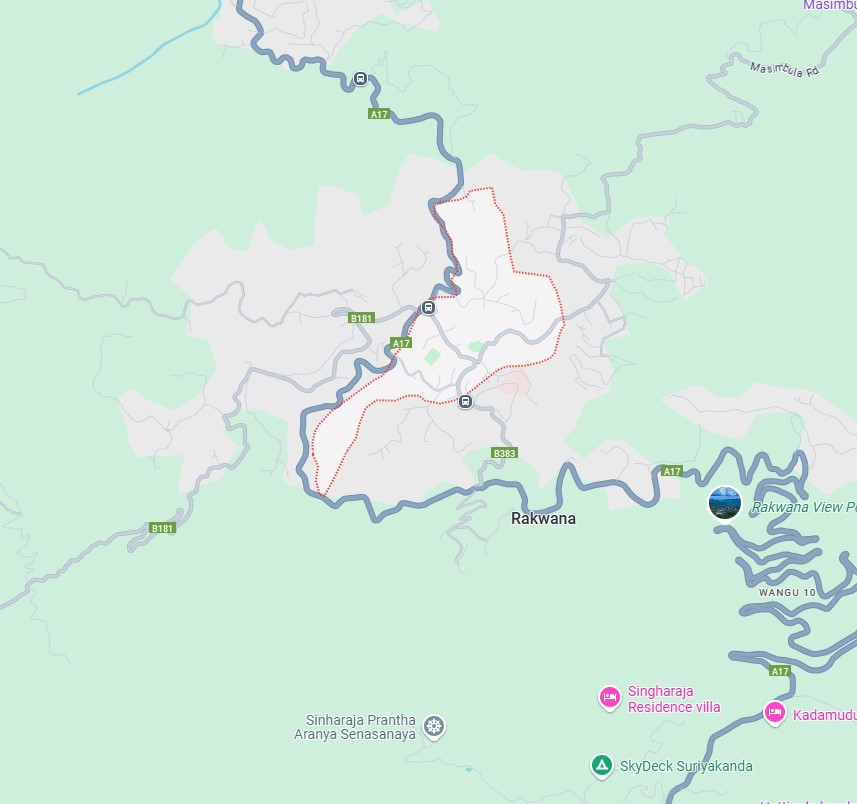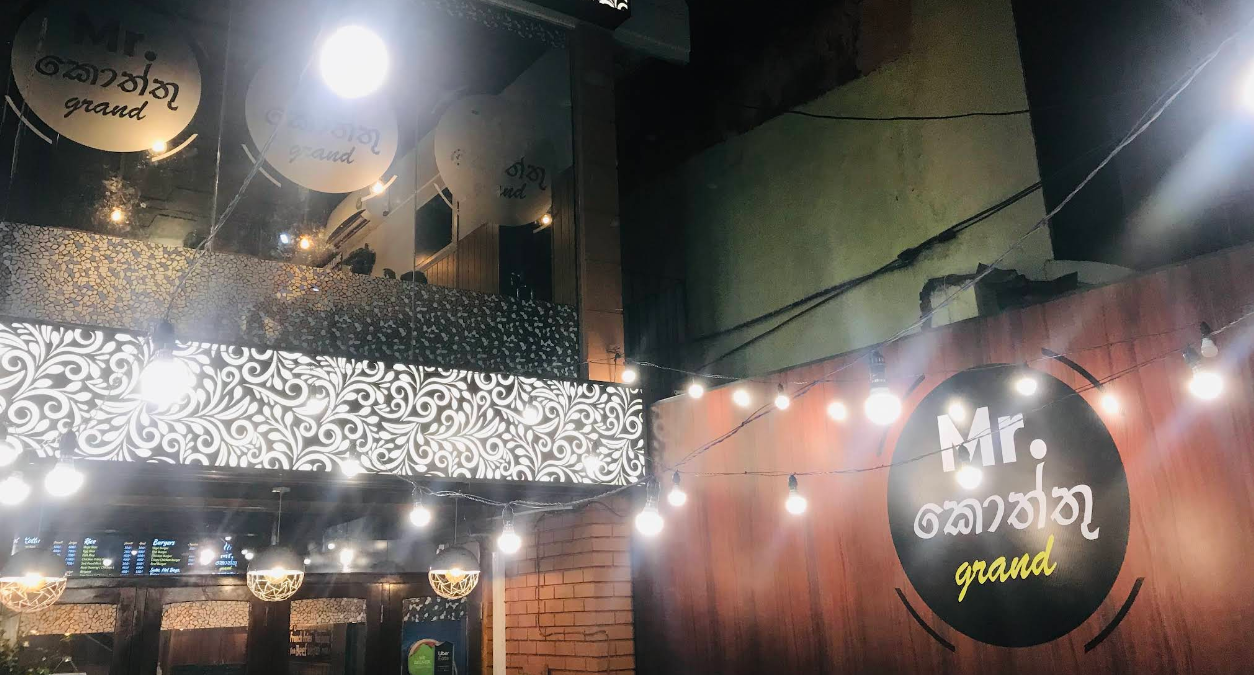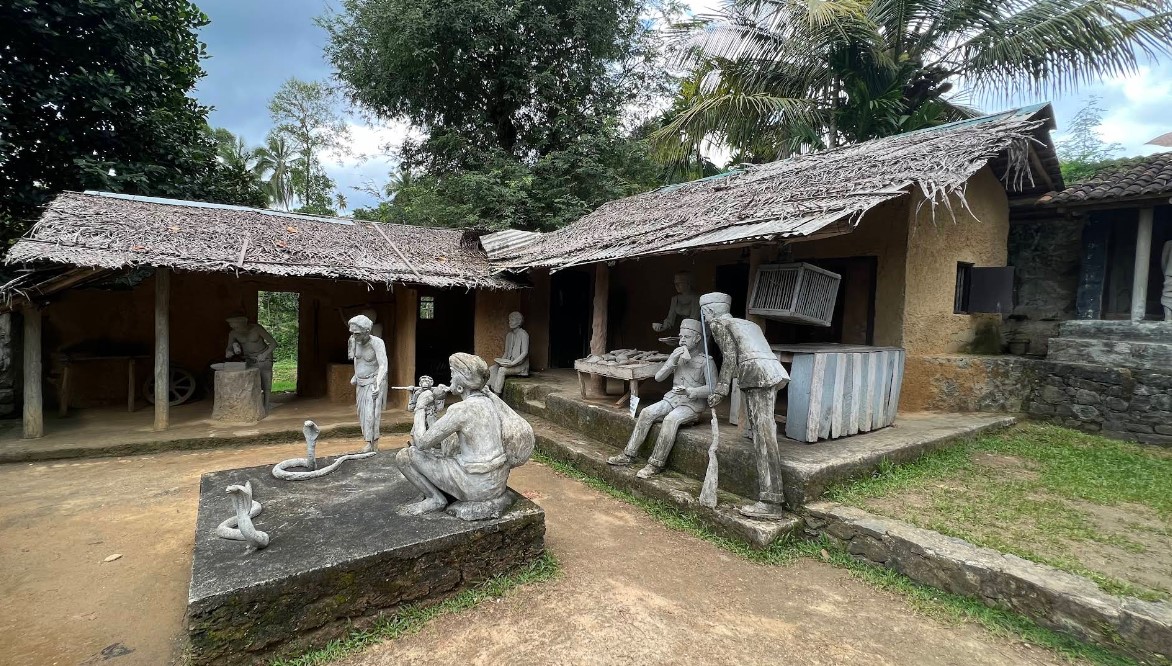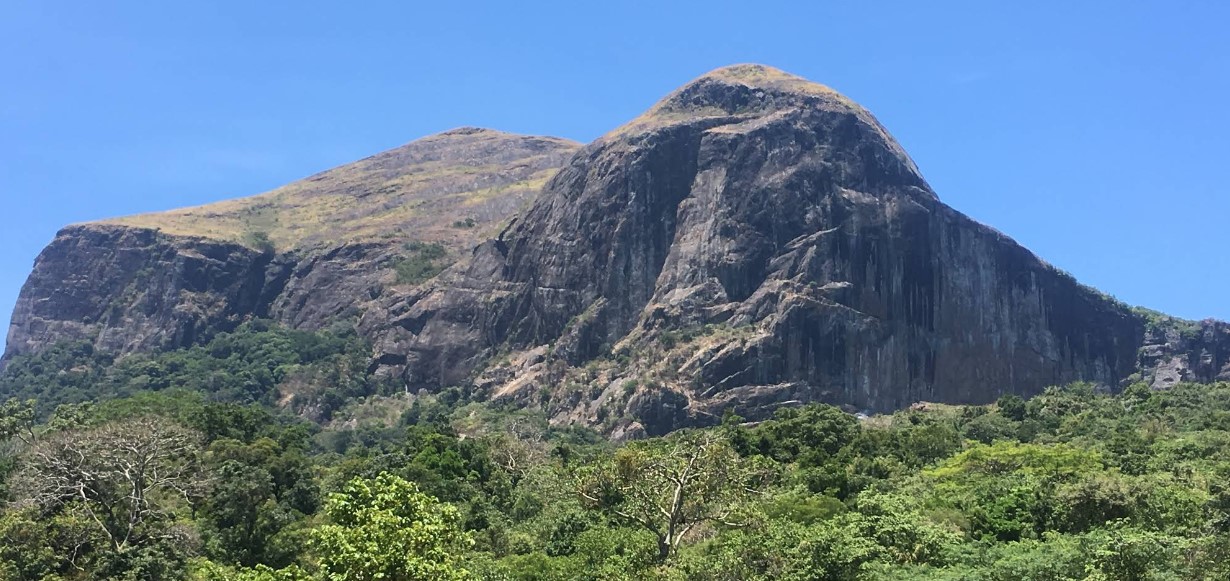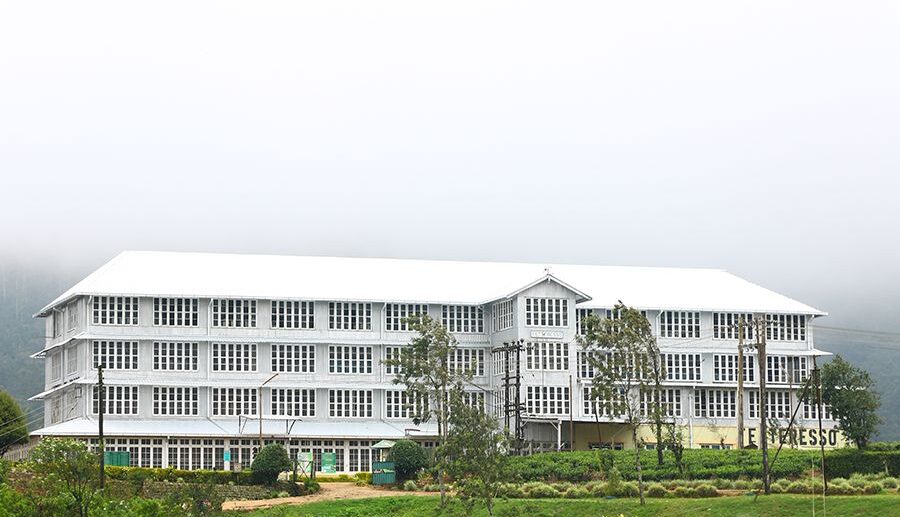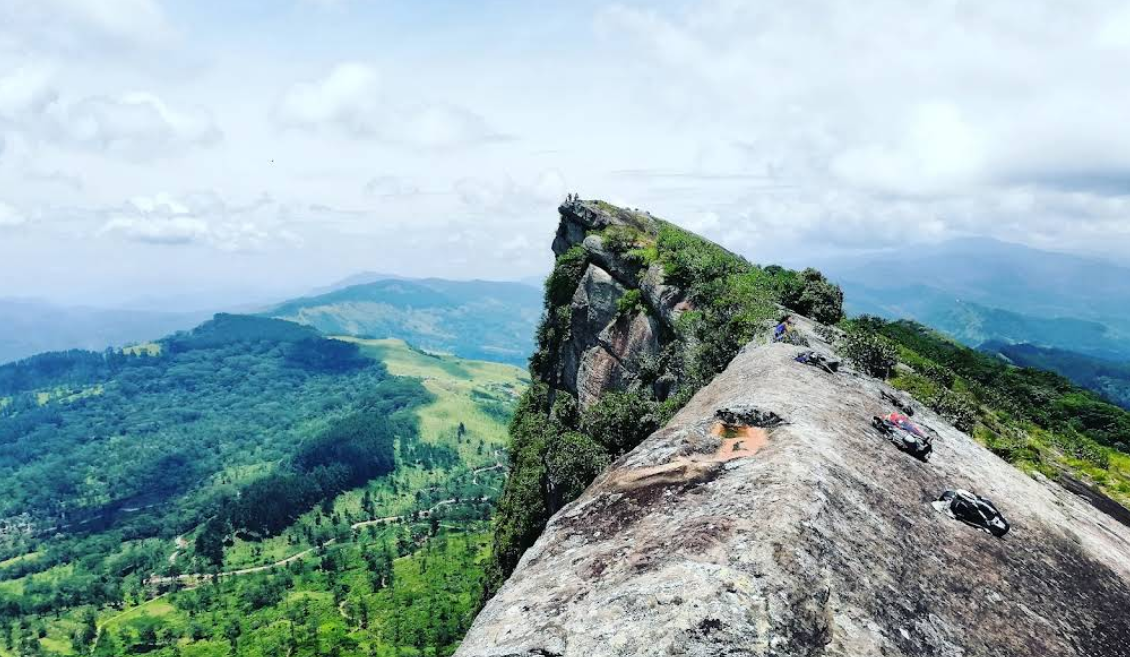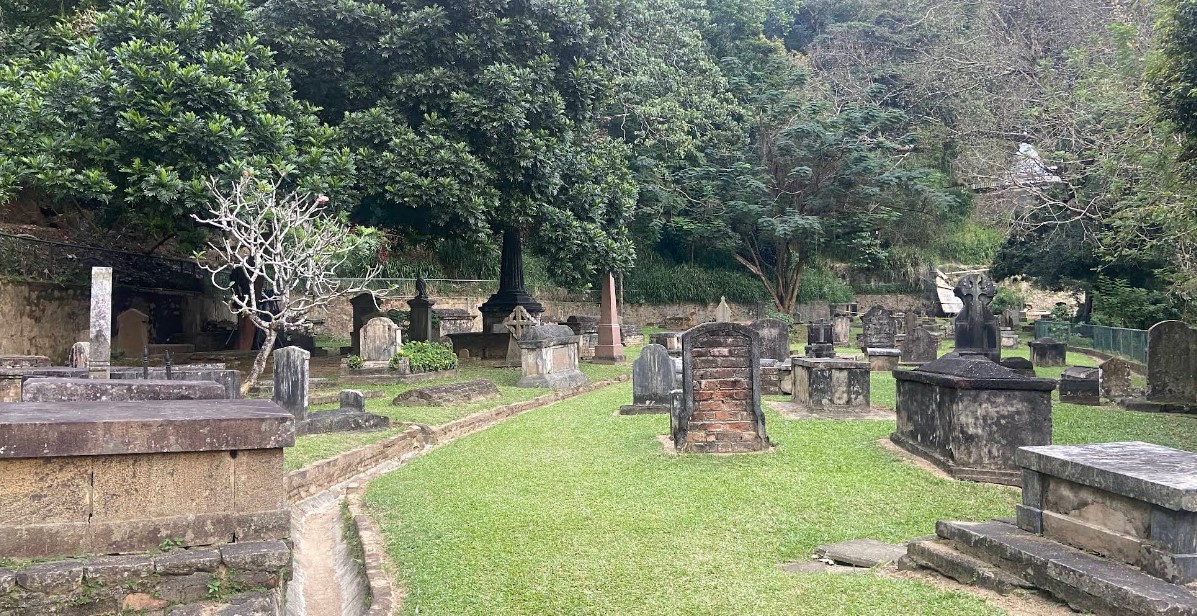Rakwana Tea Estate: A Hidden Gem in Sri Lanka’s Tea Industry
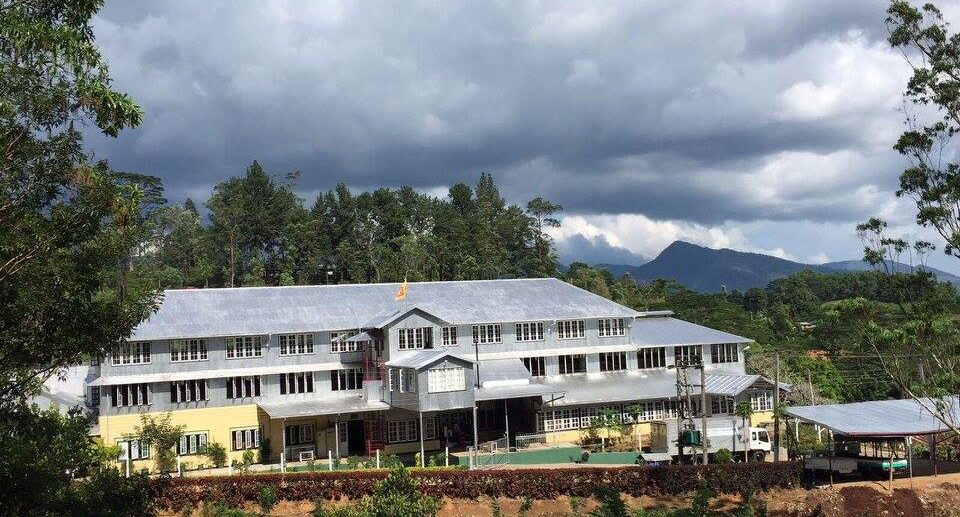
Sri Lanka, then Ceylon, is world-famous for its excellent tea. Though the central highlands of Nuwara Eliya and the fabled valleys of Bogawantalawa are always at the center of attention, the Rakwana Tea Estate of the Sabaragamuwa Province is an unsung but no less beautiful part of the tea heritage of the island. Located in the rich hilly terrain of Rakwana district, this estate offers an ideal climate for tea growth, natural diversity, and an entrancing combination of heritage, culture, and technology.
A Southern Jewel in the Crown of Ceylon Teas
Rakwana is located in the Ratnapura District on the southern edge of Sri Lanka’s central hills. The region is characterized by rolling hills, dense forests, and frequent rainfalls, all of which make for the growth of distinctive, strong teas. The Rakwana Tea Estate, one of the most prominent estates in this region, has altitudes ranging from 2,000 to 4,000 feet above sea level—altitudes that produce mid-grown teas with distinctive flavor profiles.
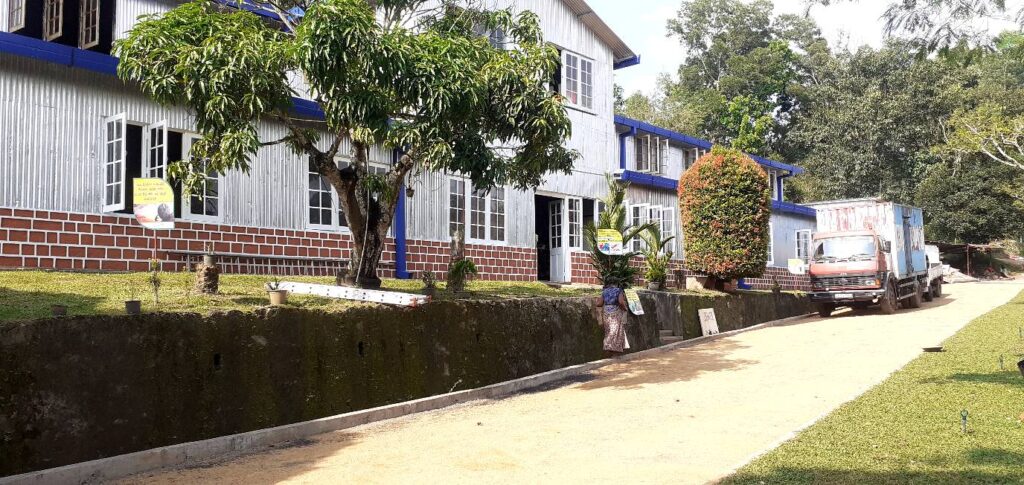
Although most of Sri Lanka’s tea industry is traced back to the central highlands, Rakwana also emerged independently in the late 19th and early 20th centuries owing to its agreeable climate, rich soil, and convenient distance from both the central plantations and southern harbors.
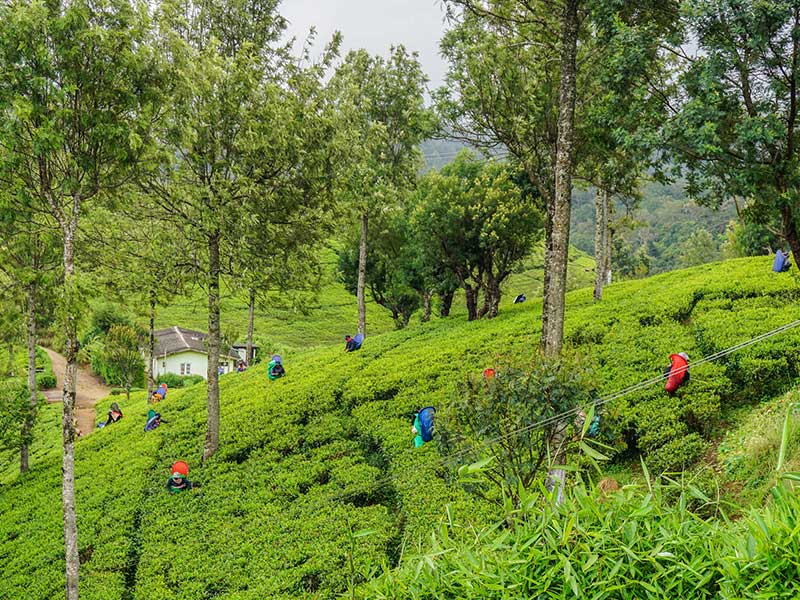
Geographical Advantage and Climate
Among the features that distinguish Rakwana teas is the microclimate of the region. Unlike the cooler, drier conditions of high-grown regions like Nuwara Eliya, Rakwana enjoys a warmer and more humid climate. The above climatic conditions yield full-bodied teas with rich, deep amber liquor, malty flavor, and smooth mouthfeel.
The Rakwana Tea Estate benefits the most from this natural advantage. Located near the Sinharaja Forest Reserve, a UNESCO World Heritage, the estate is surrounded by dense rainforest that is accountable for ecological balance and biodiversity. This proximity to untainted wilderness gives the estate a special terroir, impacting the character and the taste of teas grown there.
The Taste of Rakwana Teas
Tea drinkers often describe Rakwana teas as earthy, strong, and having a hint of spice and therefore perfectly suited for breakfast blends or as the foundation for chai. Orthodox black teas are made on the estate, although there has been growing interest in green and specialty teas as market tastes evolve.
The mid-grown classification of Rakwana teas gives them a balance of strength and delicacy, hence making them highly versatile. Black or with milk, Rakwana teas are consistent in flavor and body, providing a satisfactory cup every time. Their unique taste has attracted customers from nations such as Russia, the Middle East, and East Asia, where full-flavored teas are highly sought.
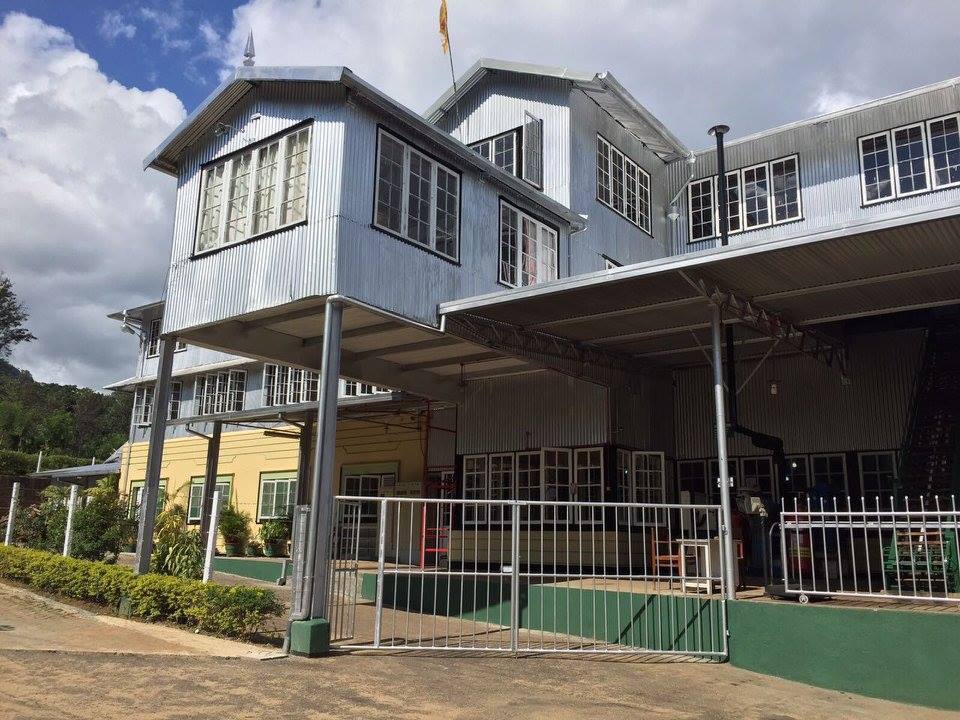
Sustainability and Ethical Practices
The Rakwana Tea Estate has unveiled responsible and sustainable farm practices in line with global trends in the recent past. Being part of the overall movement on Sri Lankan tea, Rakwana also includes green initiatives such as organic composting, conservation of soils, and integrated pest management in order to enhance long-term fertility of the soils in addition to minimizing its impact on the environment.
Most of the activities of the estate are planned with a view to certification by organizations such as Rainforest Alliance, Fair Trade, and ISO, which not only renders production environmentally benign but also socially benign. By improving infrastructure, reduction of chemical inputs, and promotion of biodiversity, Rakwana is striving for a greener Sri Lankan future for tea.
People and Community at the Heart
The Rakwana Tea Estate provides direct employment to a large number of estate workers and their families, the majority being descendants of Tamil workers who came with the British during colonial times. These groups live and work on the estate, and they are the backbone of the day-to-day operations of the estate—from planting and plucking to sorting and packing.
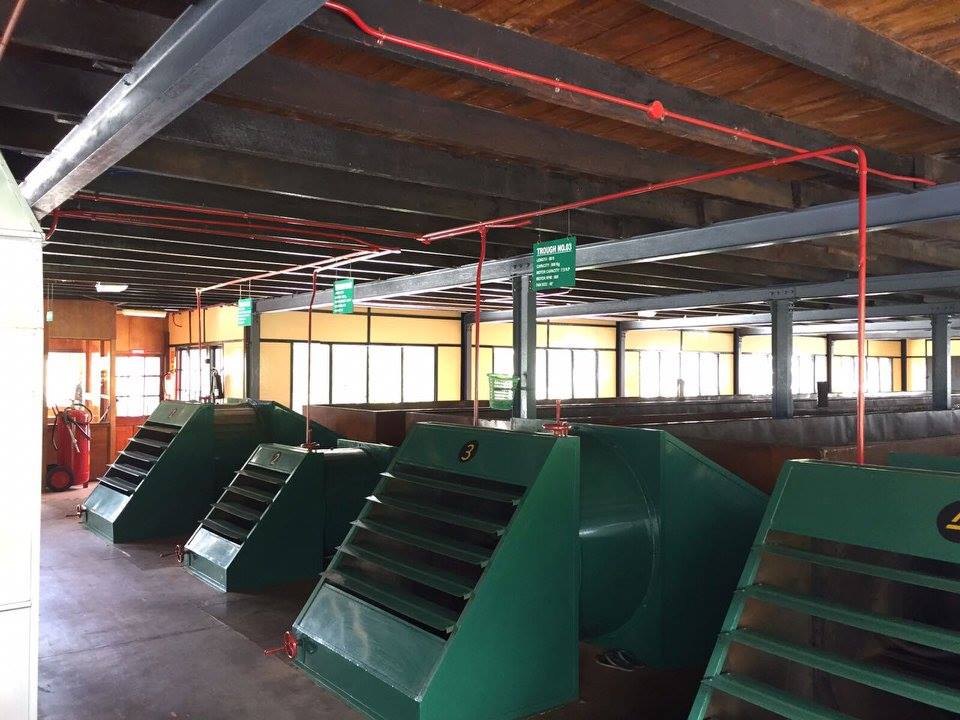
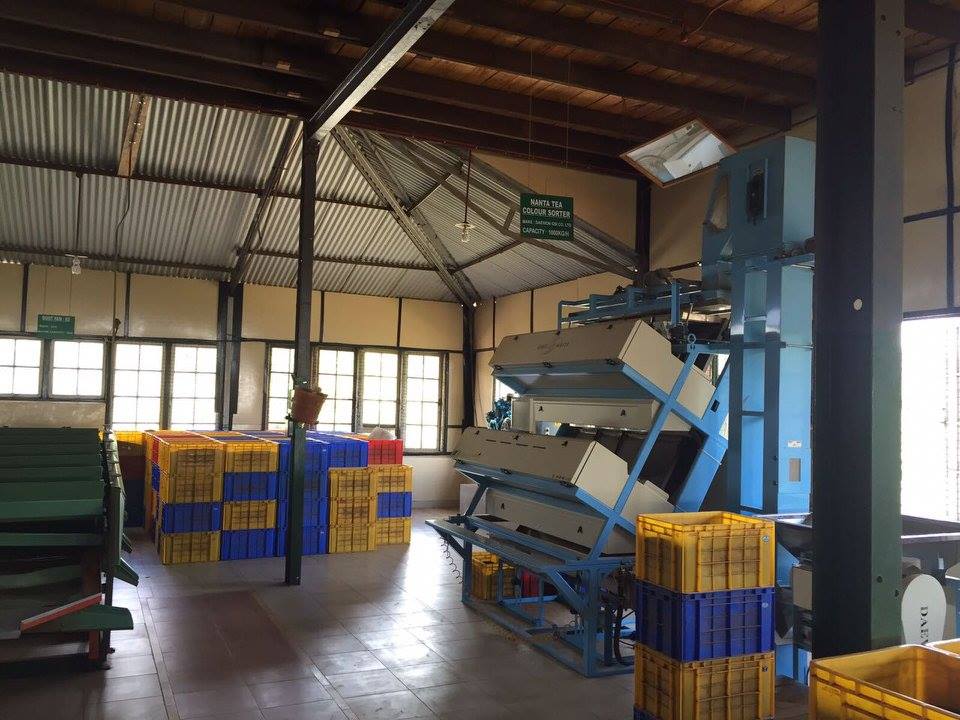
Having identified the worth of its human capital, Rakwana has made investments in the health, education, and homes of its staff. Basic medical care, maternal care, and immunization are provided, often through arrangements with NGOs and government agencies. Estate schools offer education to children from childhood to secondary levels, and adult literacy programs too.
Estate management maintains open lines of communication with workers’ unions and community leaders to provide fair treatment and wages. Women empowerment, since most of the employees in the tea industry are women, is also a top priority. Decision-making forums within the estate have various women involved, and training programs on financial literacy, leadership, and entrepreneurship are regularly offered.
Modernization Meets Tradition
Though the Rakwana Tea Estate retains a number of the orthodox tea-making methods—e.g., hand-plucking and orthodox manufacturing—it has incorporated contemporary machines and computerized equipment to streamline tea making without sacrificing quality. Tea is fermented, rolled, oxidized, dried, and graded using strictly regulated processes to maintain consistency as well as international requirements.
The Rakwana estate factory is driven by energy-efficient equipment and is regulated by strict hygiene protocols. The end product is a tea item that respects the traditional methods of Sri Lankan tea and yet meets the demands of the modern world market.
Rakwana and the Global Market
Rakwana tea is exported to an enormous variety of countries and is being promoted increasingly as a specialist, single-origin commodity. Since consumers all around the world more and more choose to think where their food and beverages come from, Rakwana’s unique position, healthy environmental record, and great moral credentials make that it is increasingly an appealing option.
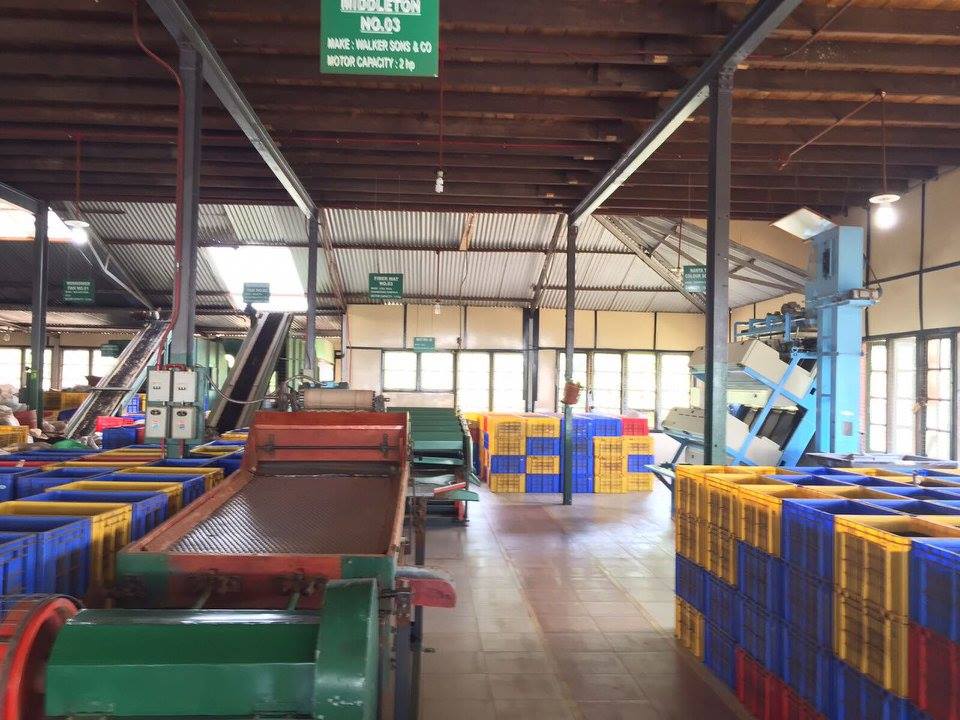
The estate works together with brand experts and marketers to develop high-end tea lines that market the story, quality, and eco-awareness of the estate. Specialty stores, e-channels, and international trade fairs have all become prominent platforms for promoting Rakwana tea under the broader banner of Pure Ceylon Tea.
Tea Tourism: An Emerging Frontier
Although not as advanced as other tea tourism locations such as Nuwara Eliya or Ella, the Rakwana area is gaining recognition quietly for its natural beauty and proximity to nature attractions. The estate itself is situated close to the Sinharaja Rainforest, a heaven for nature lovers, bird spotters, and eco-tourists.
Eco-lodges, guided tours, and tea tastings are proposed to be set up that will provide visitors with direct experience of tea production. Good tea, natural beauty, and cultural heritage can help create opportunities to make Rakwana an example of sustainable tourism in the years to come.
Conclusion: The Quiet Brilliance of Rakwana
In the history of Ceylon tea, Rakwana Tea Estate is a silent, stoic hero a torch of tradition, people, and nature balance. Its teas, full-bodied and flavored, bear testament to their birthplace: rich, hued, and full of historic richness. It is not so much a household name yet like some of the central highland plantations, perhaps, but Rakwana is making its way onto the world stage in a steady enough manner.
With a strong passion for sustainability, social responsibility, and quality, Rakwana Tea Estate is not just an estate where tea is grown it’s an estate where a lifestyle is upheld, and where every cup is a tale of the southern hills of Sri Lanka.
